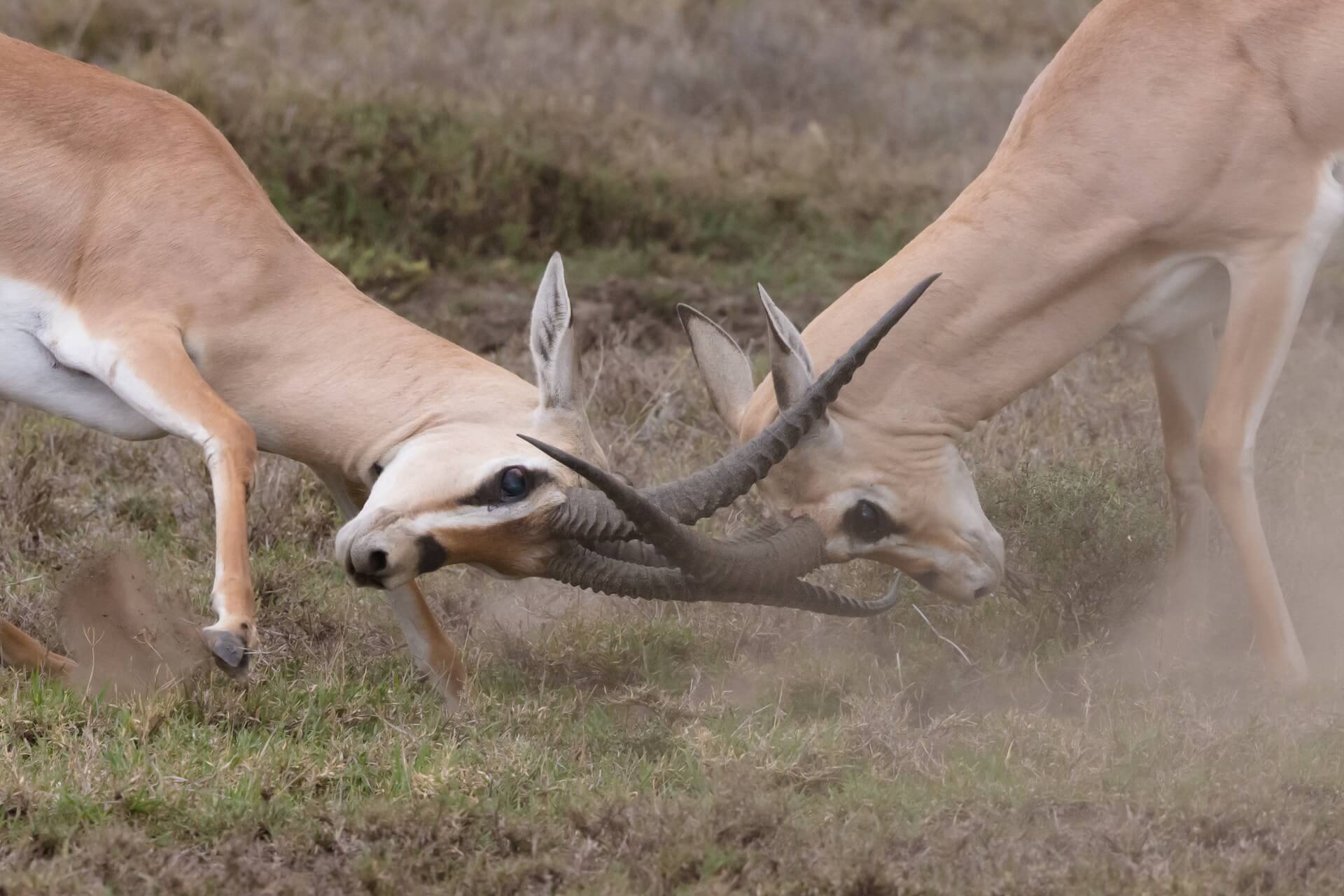We have now arrived at module 2 of the PDP in which we will talk about the instinctive dimension of personality. We will describe these 3 aspects in particular: the self-preservation instinct, the social instinct and the sexual instinct.
Following the module 1, where the participants were able to discover different facets of the personality, it is in a particular format that they will apprehend this new subject: the panel.
Want to know more ? Read on! 🙂
Module 2 intentions

As stated in the introduction, this module aims to present the impact of self-preservation, social and sexual instincts on our personality.
Why talk about this subject?
When we touch on personal development, we seek above all to make aware of the mechanisms that structure our personality and that have an impact both on us and on others. The field of instincts is probably the most unconscious of the mechanisms in the sense that it is neither emotional nor intellectual: it is an automatic reaction allowing us to manage the tension that the environment can exert on us, in our perception of the world. .
Study the instinctive dimension of personality,
is to study what drives us to act
in a certain direction most of the time.
A format: the panel

Why use a panel?
The panel is an animation technique allowing to see, after a preliminary grouping of the participants, what connects them and what differentiates them on a given theme.
It is a particularly effective way to apprehend a concept in a very concrete way while respecting the richness and uniqueness of each person.
How does a panel work?
Preparation
- Grouping of participants according to the themes addressed by specific exercises.
- As on a television set, each sub-group then passes in turn in front of the others to answer a series of questions.
Animation of the panel
- Everyone is asked to introduce themselves in a few words: the public can thus learn about the variety of profiles, despite the fact that they are brought together under the same theme.
- The facilitator then asks the panel a series of questions:
- Either the participants take turns answering the questions
- Either the discussion is freer and those who wish to respond
- The public finally has time to ask questions
Session overview
Unit 2 #MyPDP18 at the house of @SoatGroup : the instinctive dimension of personality pic.twitter.com/RlL1Un9EHT
— Olivier MY (@OyoMy) May 17, 2018
Beginning of the Panels, we start with Conservation! #MyPDP18 @SoatGroup pic.twitter.com/ZT47pTYrPF
— Olivier MY (@OyoMy) May 17, 2018
Preservation instinct, social instinct or sexual instinct?
Little hint: My bag is a tote of “just in case” items. #MyPDP18 #AuCaseWhere pic.twitter.com/JF3CiFKU12— Yahia FELLAH (@fellah_yahia) May 17, 2018
End of module 2 of #MyPDP18 which still generates discussions! Congratulations to the participants for their energy! ☺️ pic.twitter.com/t6BBgjeU6F
— Olivier MY (@OyoMy) May 17, 2018
Conclusion
The format of the session was very successful. The participants were surprised by the simplicity and the sincerity of the exchanges on the various themes addressed, even if they could a priori appear very personal.
Isn't that what we are ultimately looking for? Learn to interact, without judgement, while appreciating the difference and richness of others! 😉
A very special thank you to the surprise guests who made it possible to give a complementary color to the testimonies. 🙂
Module 3 will take place on June 11, 2018 where we will combine modules 1 and 2 to understand the correlation between the instinctive dimension of our personality and our Enneagram profile: this is called the Sub-Types.
Follow the PDP's adventure on Twitter (#MyPDP18)






